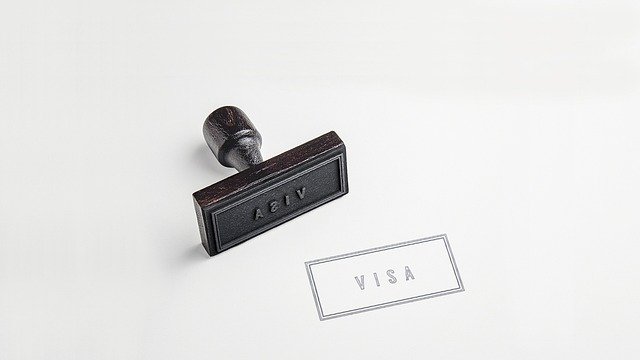A Parent's Guide to Preparing Early for Overseas Education
Sending your child to study abroad is an exciting opportunity that can broaden their horizons and provide invaluable life experiences. However, the process of preparing for overseas education requires careful planning and consideration. This comprehensive guide will walk you through the essential steps to take when preparing your child for their international academic journey.

What are the key benefits of early planning for study abroad?
Early planning for your child’s overseas education offers numerous advantages. Firstly, it allows you to thoroughly research and evaluate different countries, institutions, and programs to find the best fit for your child’s academic goals and personal interests. Additionally, starting the process early gives you ample time to navigate complex application procedures, secure necessary documentation, and explore financial aid options.
Early preparation also enables your child to develop crucial skills that will serve them well during their time abroad. This may include language proficiency, cultural awareness, and independence. By initiating the planning process well in advance, you can help your child build confidence and reduce anxiety associated with such a significant life change.
How can parents begin the early planning process for overseas education?
To start planning for your child’s study abroad experience, begin by having open discussions with them about their aspirations, concerns, and expectations. Encourage them to research different countries and educational systems to identify potential destinations that align with their academic and personal goals.
Next, familiarize yourself with the various study abroad programs available, including high school exchanges, gap year opportunities, and undergraduate degree programs. Consider attending education fairs or webinars to gather information from international institutions and program providers.
It’s also crucial to assess your family’s financial situation and explore funding options early on. Research scholarships, grants, and financial aid opportunities specific to international students. Creating a realistic budget that accounts for tuition, living expenses, travel costs, and insurance will help you plan accordingly.
What steps should parents take to prepare their child for studying overseas?
Preparing your child for studying abroad involves several key steps:
-
Language preparation: If your child will be studying in a non-English speaking country, enroll them in language classes or find immersive learning opportunities to improve their proficiency.
-
Cultural education: Help your child learn about the host country’s culture, customs, and social norms. Encourage them to read books, watch movies, or connect with people from that country to gain insights.
-
Academic readiness: Ensure your child’s academic qualifications meet the requirements of their chosen program. This may involve taking standardized tests like the SAT, ACT, or IELTS.
-
Life skills development: Teach your child essential life skills such as budgeting, cooking, laundry, and time management to help them become more independent.
-
Health and safety preparation: Schedule necessary vaccinations, obtain international health insurance, and discuss safety precautions for living in a foreign country.
-
Document preparation: Begin gathering required documents such as passports, visas, transcripts, and letters of recommendation well in advance to avoid last-minute stress.
What are the essential documents needed for studying abroad?
Preparing the necessary documentation for your child’s overseas education is a critical part of the planning process. While specific requirements may vary depending on the destination country and institution, here are some common documents you’ll need to prepare:
-
Valid passport
-
Student visa
-
Acceptance letter from the host institution
-
Academic transcripts and diplomas
-
Standardized test scores (e.g., SAT, ACT, TOEFL, IELTS)
-
Proof of financial support or scholarship award letters
-
Health records and immunization certificates
-
International health insurance documentation
-
Passport-sized photographs
It’s important to note that some documents may require translation or notarization. Check with the embassy of the host country and the educational institution for their specific requirements and submission deadlines.
How can parents support their child’s emotional preparation for studying abroad?
Emotional preparation is just as important as practical planning when it comes to studying abroad. Here are some ways parents can support their child’s emotional readiness:
-
Encourage open communication: Create a safe space for your child to express their excitement, fears, and concerns about studying abroad.
-
Address homesickness: Discuss strategies for coping with homesickness and maintaining connections with family and friends back home.
-
Foster independence: Gradually increase your child’s responsibilities at home to build confidence in their ability to manage daily tasks independently.
-
Explore the host country together: Research the destination country’s culture, traditions, and lifestyle to help your child feel more prepared and excited about their new environment.
-
Connect with other families: Reach out to families who have experience with international education to gain insights and support.
-
Discuss expectations: Help your child set realistic expectations for their study abroad experience, including potential challenges and opportunities for personal growth.
By taking these steps and starting the planning process early, you can help ensure that your child is well-prepared for their overseas education experience. Remember that thorough preparation not only increases the chances of a successful academic journey but also contributes to your child’s personal growth and development as they embark on this exciting international adventure.




